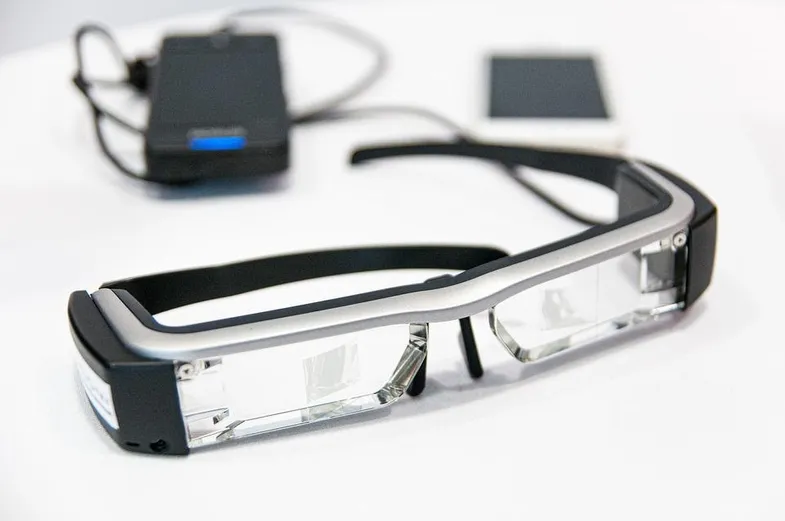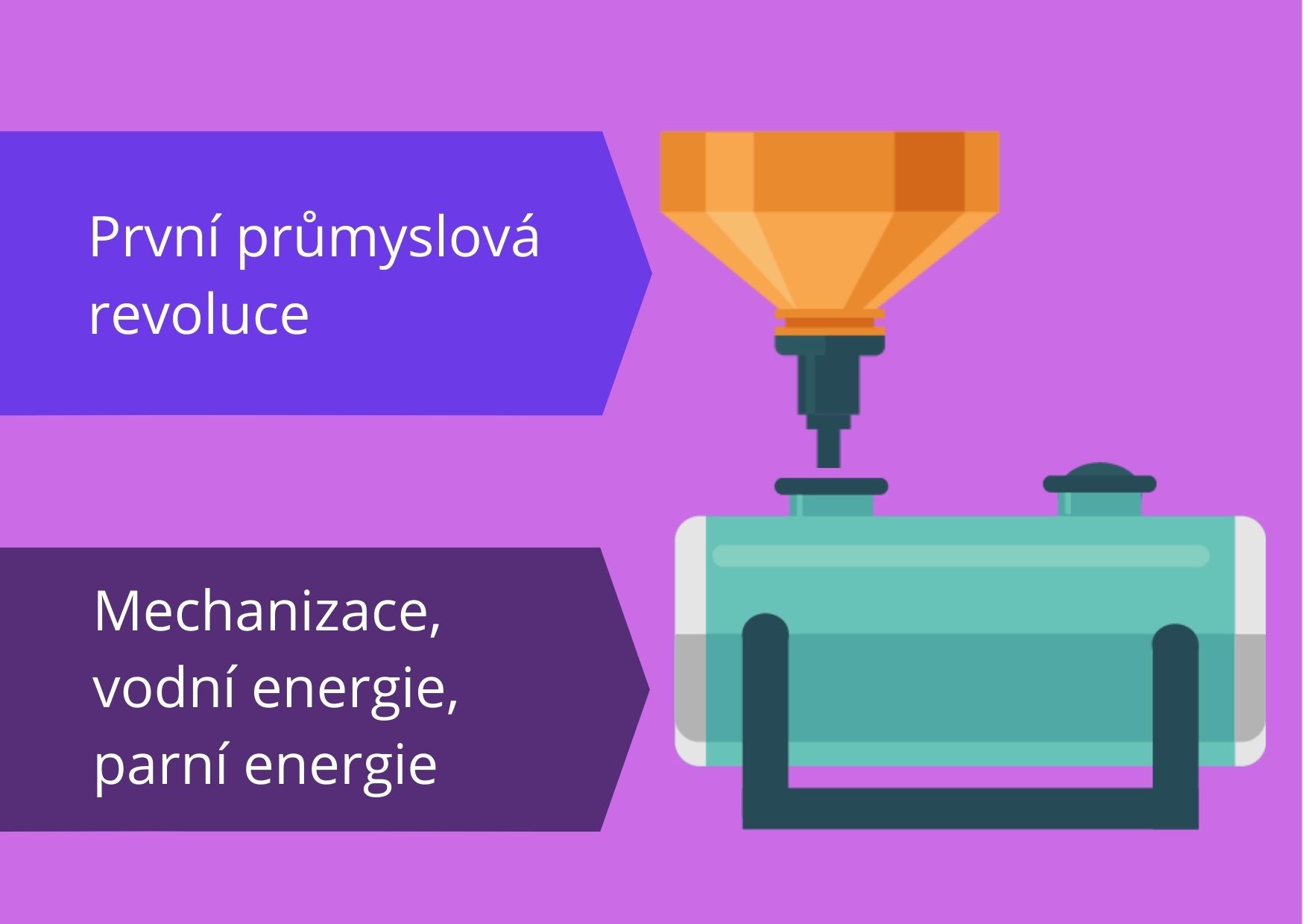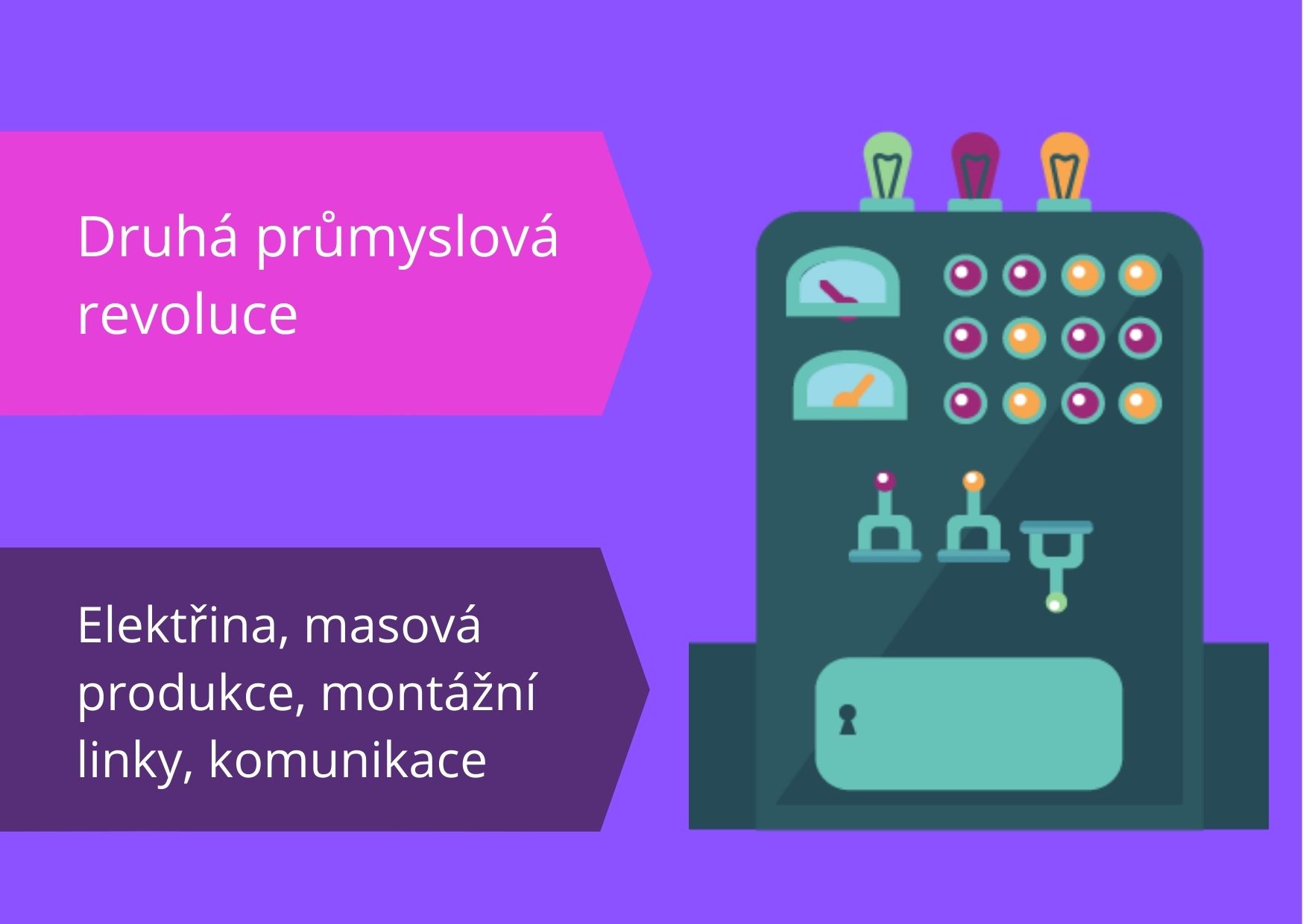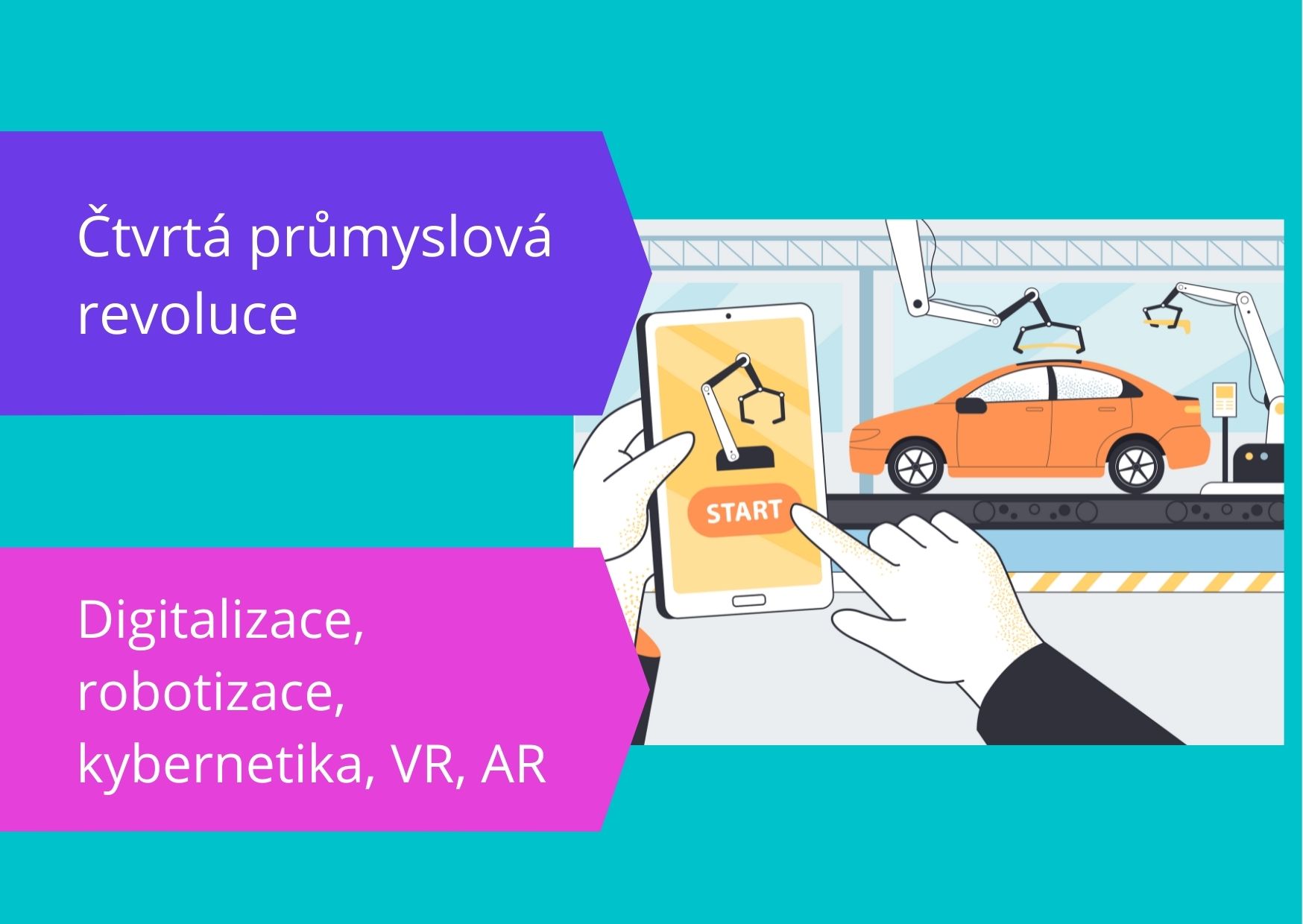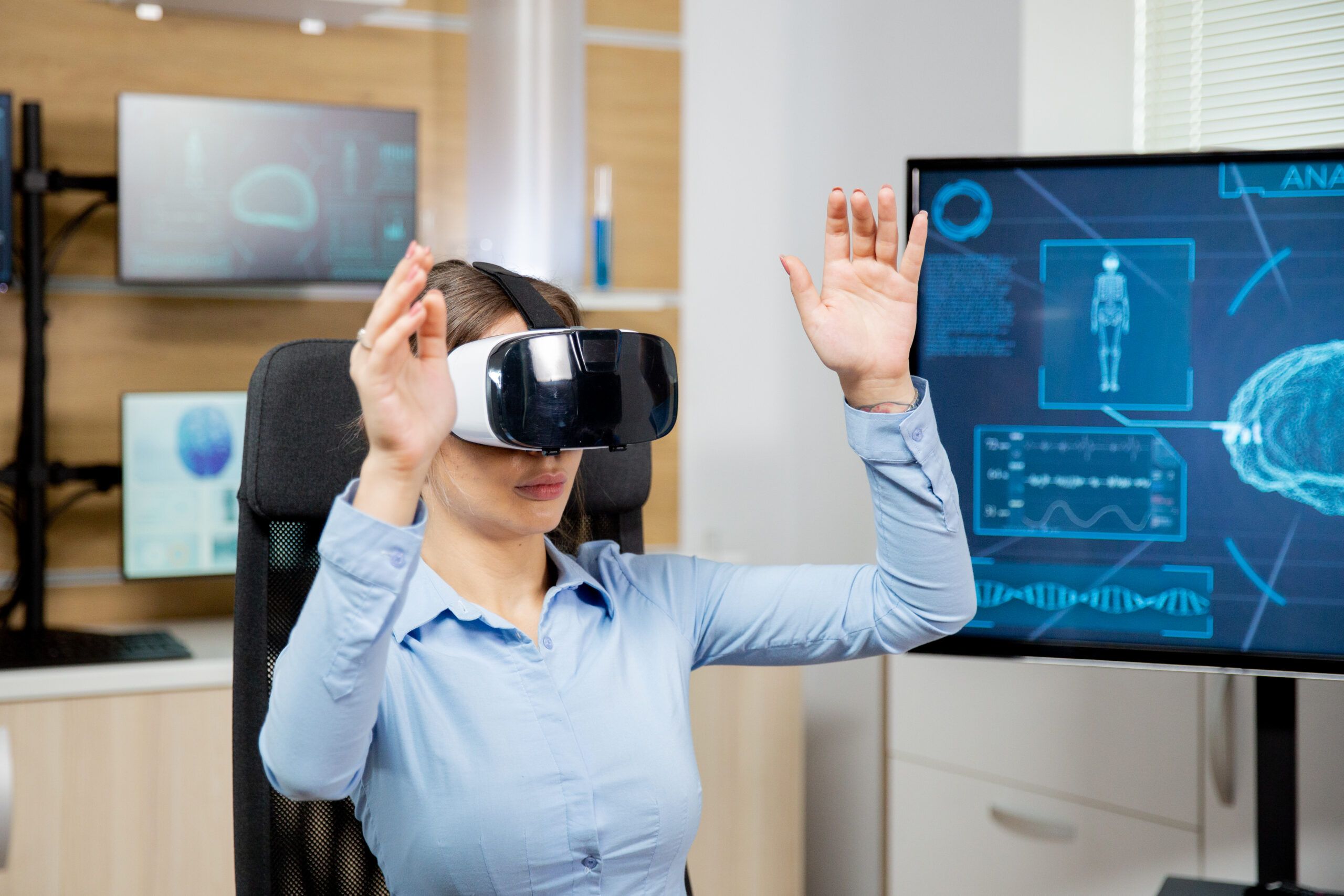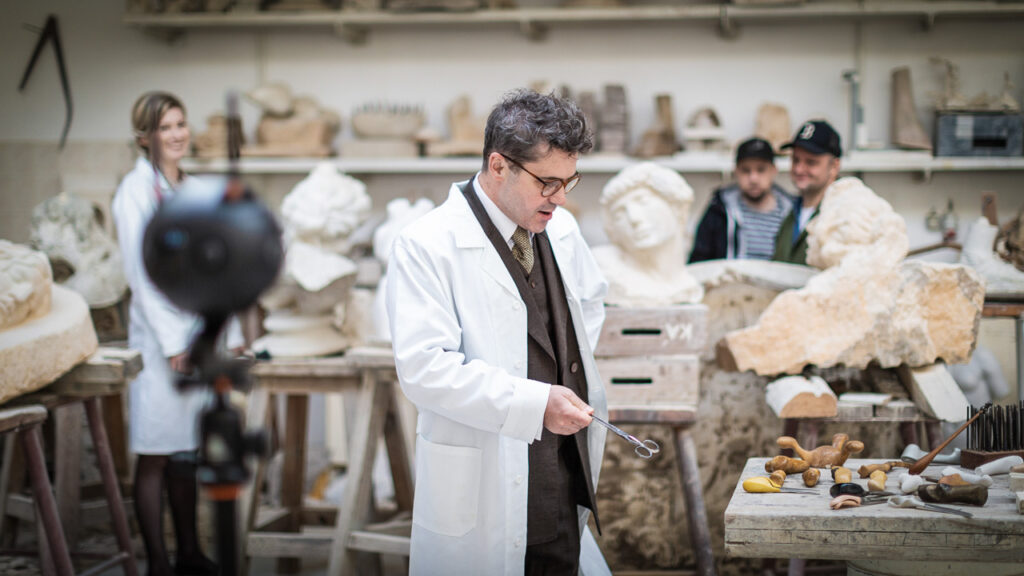Augmented reality helps the deaf and hard hearing people
How can AR help? Thanks to smart glasses.
Technology is a powerful tool, and is designed to help people in different ways. Such smart glasses may not only work in industry or commerce. They can help deaf people to engage in conversation.
Smart glasses can process audio stimuli and convert them into text. Today's AI already translates English "speech to text" quite commonly. Czech is a bit more complicated for AI, but we also have the first attempts to test and process speech-to-text translation.

In smart glasses, the deaf user will simply see spoken text directly on the display of the glasses. They don't have to look into a mobile phone or tablet, which technology can already process speech to text. He can respond smoothly to the information received while looking at his partner. He sees the text directly in the field of view.
Smart glasses can help students in schools whose disabilities make education very difficult. Understanding the spoken interpretation would help to understand and absorb the learning more quickly.
Smart glasses can also warn the deaf of danger. Loud tones such as a horn, siren or shout will alert and warn the user of the danger.
Unfortunately, none of the producers has yet started mass production, and probably the rather high price for the costumer may be a major problem so far.
